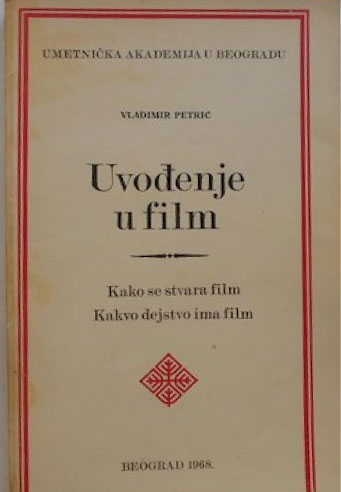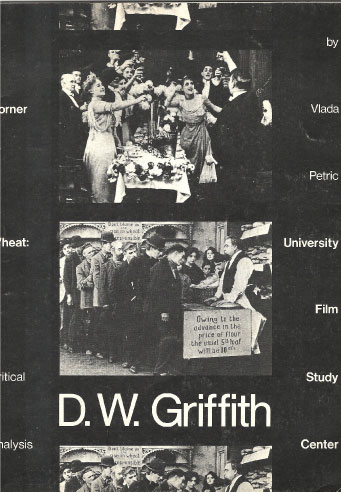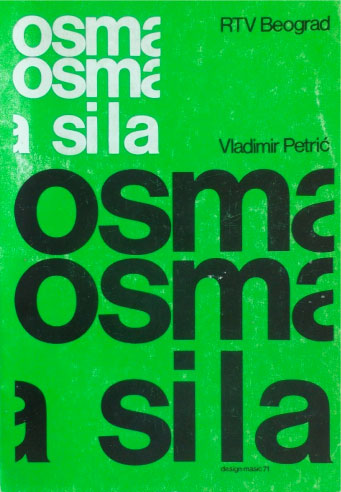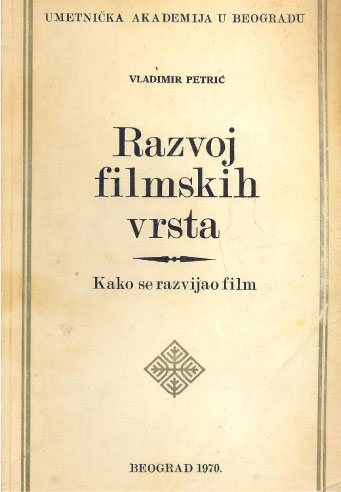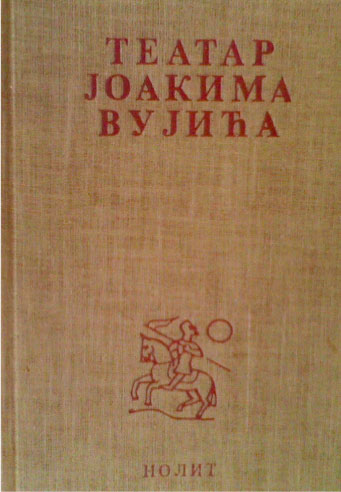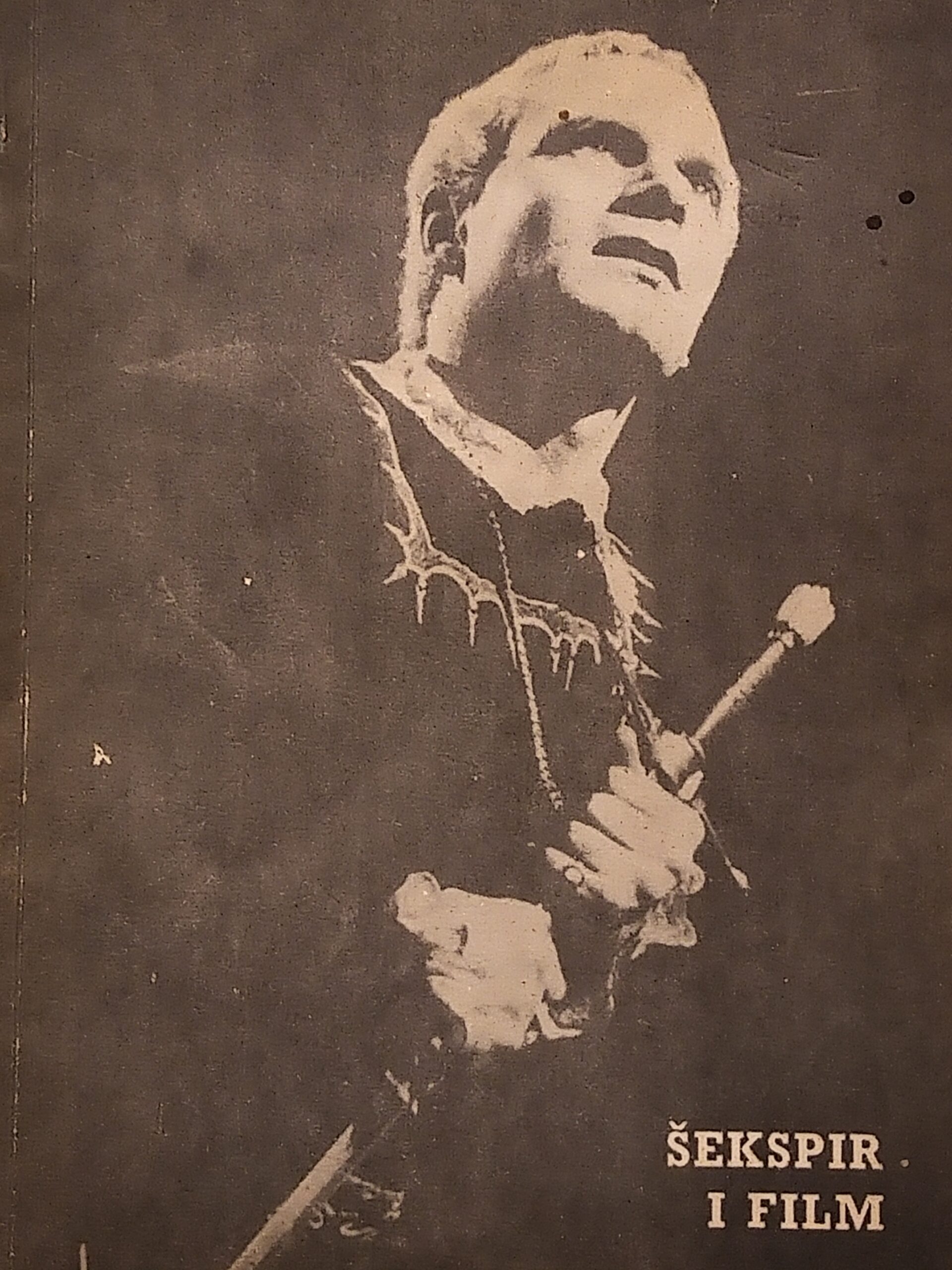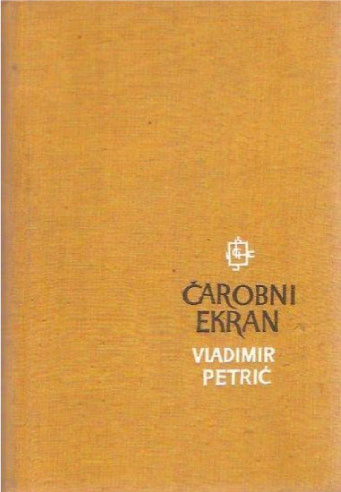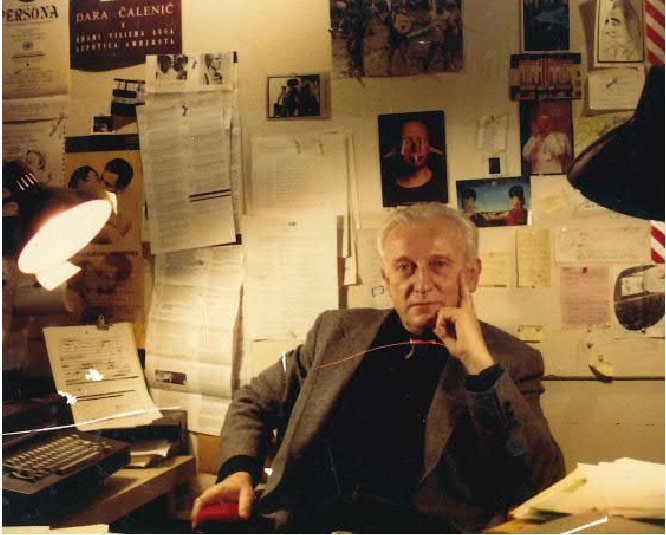“An Introduction to Film” was conceived as a collection of articles in which students of the Academy for Theater, Film, radio and Television in Belgrade, as well as all those who want to gain a better understanding of the basic characteristics of the cinematic craft and its techniques, aesthetic principles, and its most important achievements and movements, find the most important data, instructions and explanations.
– Writer

